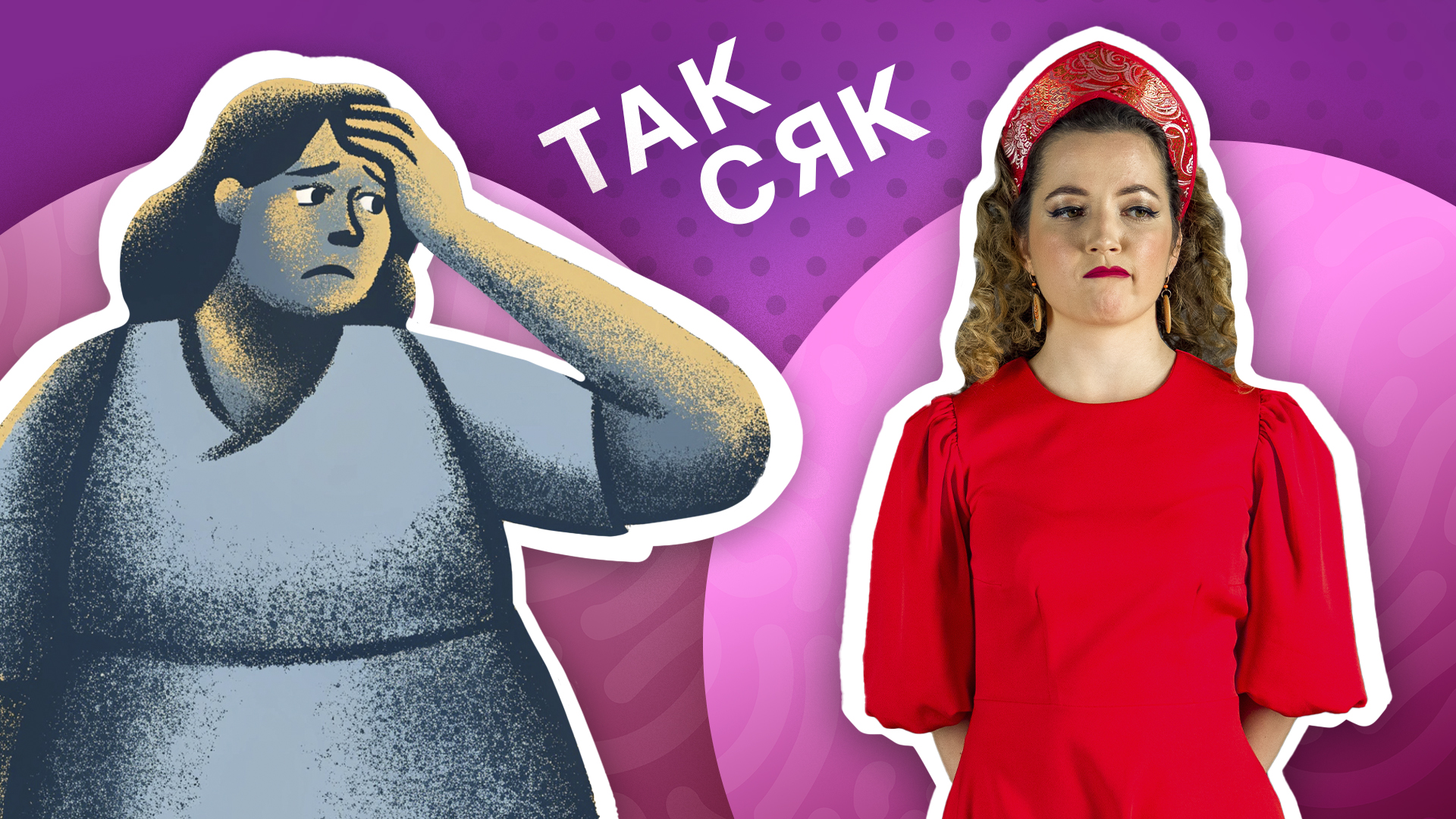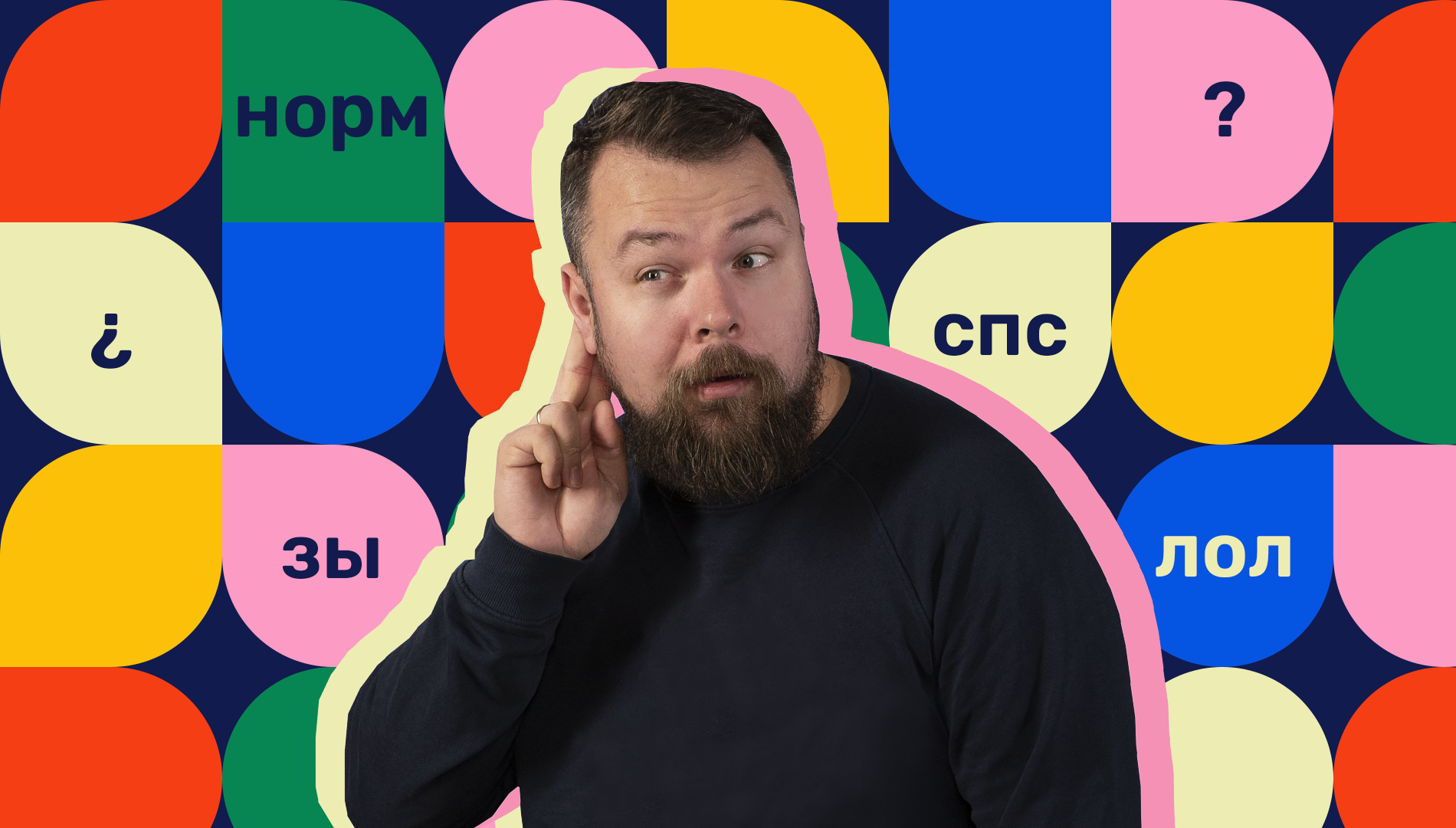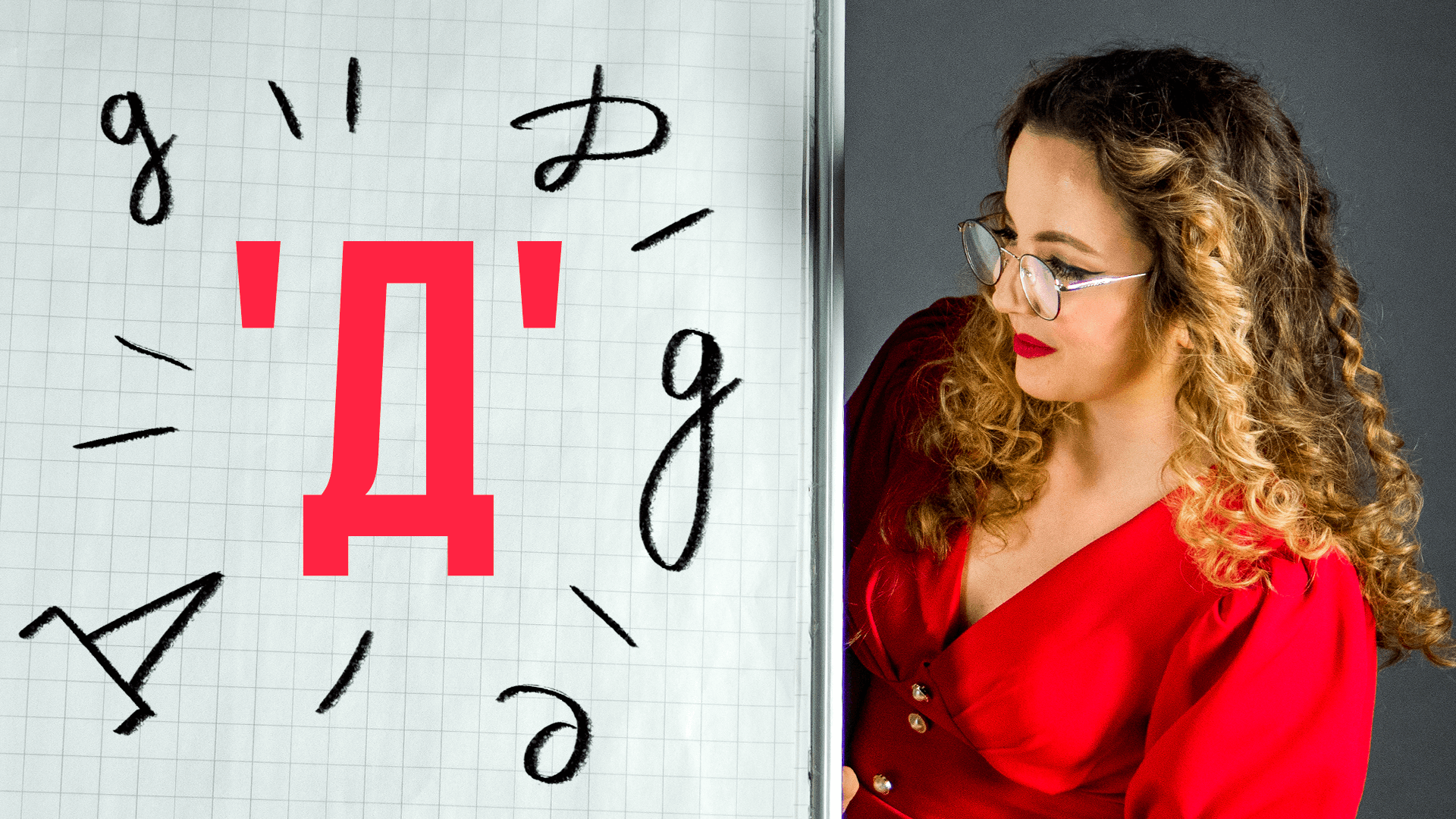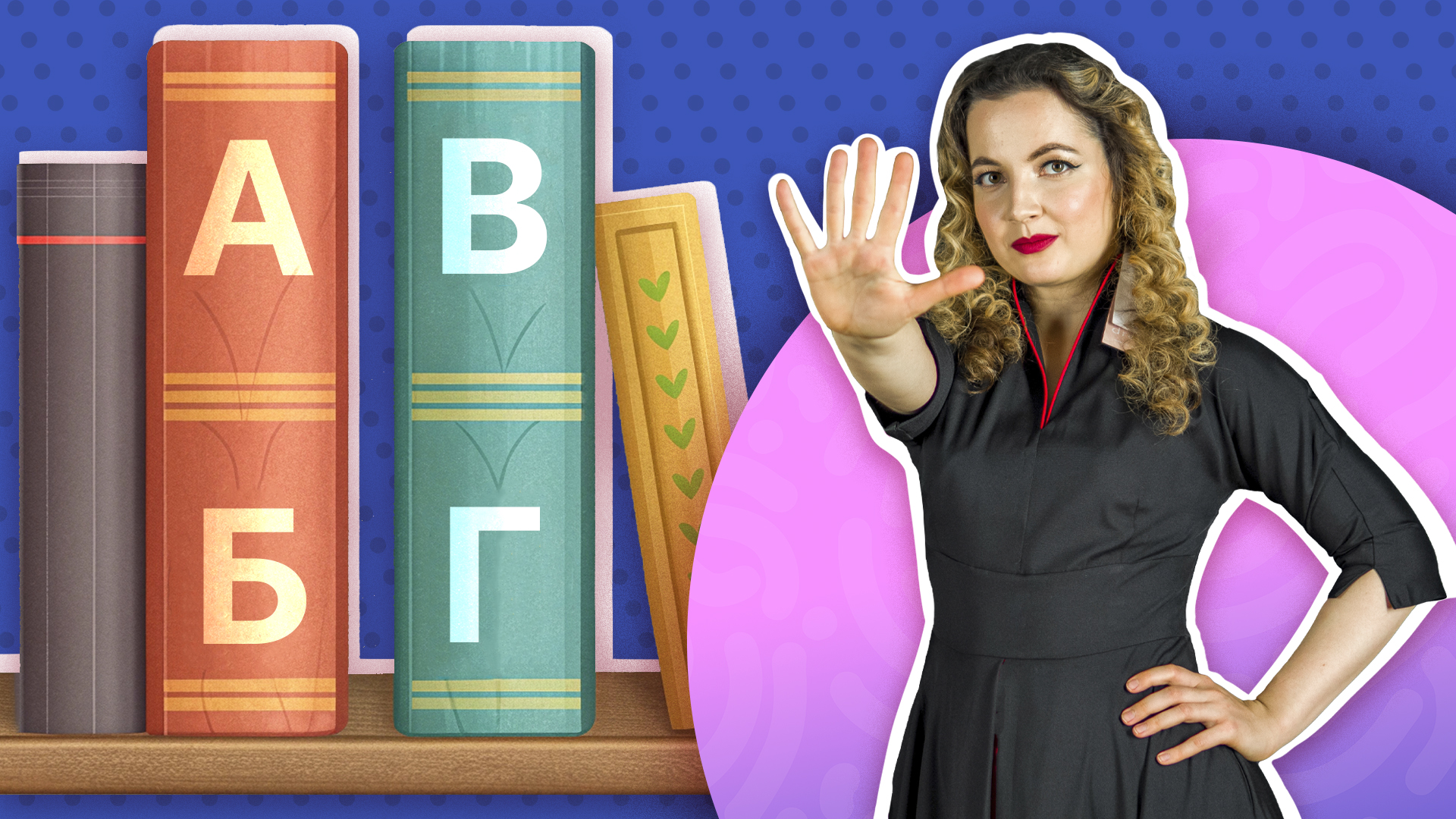
Where does the ‘twinge of remorse’ lie?

Vladimir Dahl's explanatory dictionary includes the word ‘zazirat’ (‘to scrutinize someone's actions’) – meaning "to critically look at someone's actions" or "to condemn". A person who “okhoch zazirat” wishes to judge or criticize someone. Accordingly, doing something shameful implies actions that are not to be proud of and for which others would express condemnation.
In the old days, someone who felt awkward for some reason could be described as having a ‘twinge of remorse’. Over time, this expression gave birth to the more modern expression "zazrenye sovesti".
In Fyodor Dostoevsky's novel ‘Poor Folk’, the protagonist receives 30 silver kopecks from a distant relative and shares his worries in a letter: "…my heart ached, looking at your orphan's money. You've burned your own pen, you'll soon go hungry and yet, you're writing to me to buy tobacco. Well, what should I do in such a situation? Or should I just, without a ‘twinge of remorse’, like a robber, start robbing you, an orphan!"












